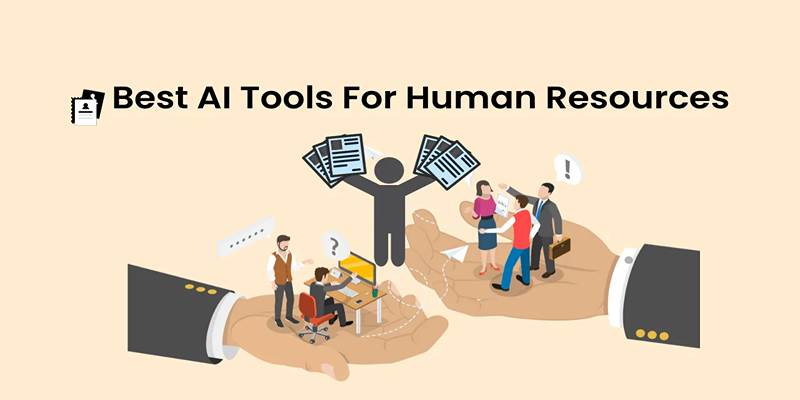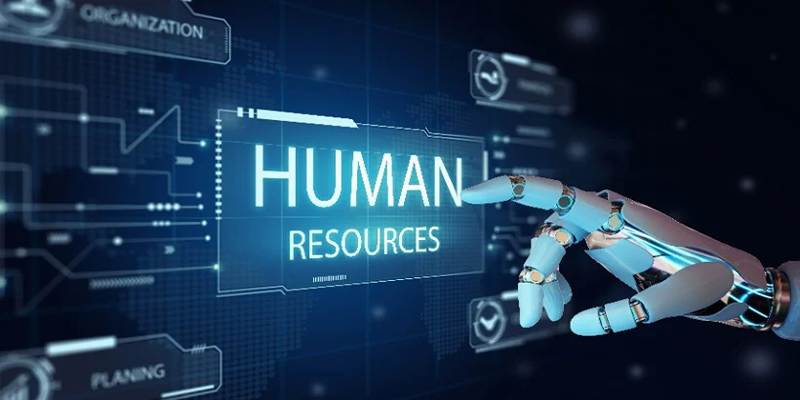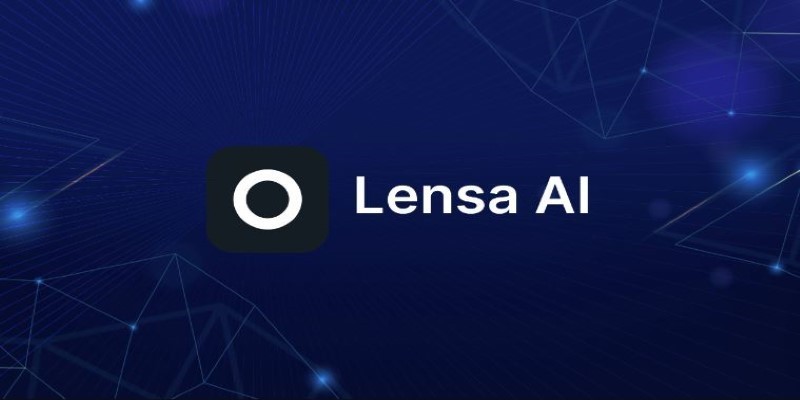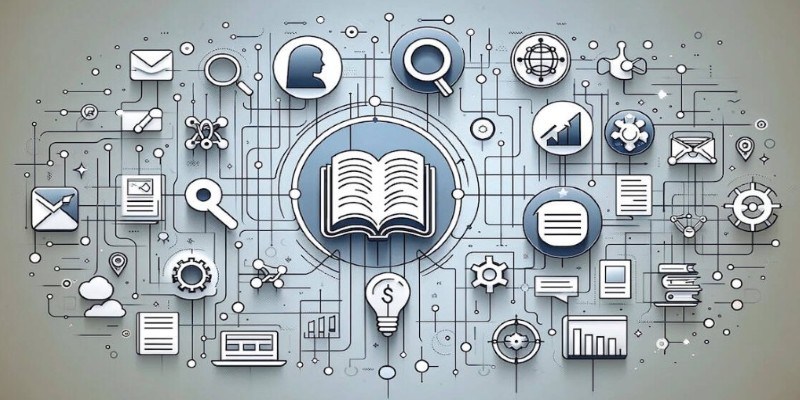As artificial intelligence continues to reshape the way businesses operate, it becomes increasingly important for companies to focus not just on using AI tools—but on preparing their people to understand and use them effectively. Improving AI literacy and readiness across the organization is no longer optional; it’s a key factor for long-term success.
Many organizations still struggle with the gap between adopting AI technology and helping their teams feel confident using it. Bridging this gap requires education, planning, and a shift in mindset at all levels of the business.
What Is AI Literacy and Why Does It Matter?
Artificial intelligence knowledge means that a person knows the basics of AI, how it works, and how it can be used in real life. Knowing what AI can and can't do is enough; you don't need to know a lot about technology.
From a business point of view, AI literacy empowers employees to:
- Understand how AI-driven tools are influencing their roles
- Interact confidently with AI systems
- Recognize opportunities to use AI in their workflows
- Make informed decisions based on AI-generated insights
When teams are AI-literate, companies see faster adoption of technology, better collaboration between departments, and increased trust in AI-powered solutions.
The Importance of AI Readiness in Business
How ready a business is to use AI in its operations, including how ready it is technically, culturally, and tactically, is called its "AI readiness." It's not enough to buy tools or hire data scientists. It's about making a place where AI can do well. These are some of the things that businesses that are ready for AI often show:
- A clear understanding of how AI aligns with their goals
- Employees trained to use AI tools appropriately
- Clean and structured data to support machine learning
- Leadership that supports AI innovation
- Policies around ethics, privacy, and responsible AI use
Without readiness, even the most advanced AI solutions will struggle to deliver value.
Signs That a Business Lacks AI Readiness

Companies that are not AI-ready may face challenges such as:
- Employees resisting AI tools due to fear or misunderstanding
- Lack of alignment between AI initiatives and business objectives
- Poor quality data or fragmented data systems
- Leaders uncertain about how to scale AI adoption
These issues signal the need for a strategic plan to improve both literacy and readiness.
How to Improve AI Literacy Across the Organization
Improving AI literacy doesn’t require turning employees into engineers. It starts with making AI less intimidating and more relatable. Here’s how businesses can begin:
Offer Basic AI Education
Every team should have access to training that explains:
- What AI is and how it works in simple terms
- The difference between AI, machine learning, and automation
- Examples of AI they already use in daily life
Provide Department-Specific Use Cases
Teams are more likely to engage with AI when they see its relevance to their roles. Businesses can:
- Show HR how AI supports hiring through resume screening
- Demonstrate how finance teams can detect fraud using AI
- Introduce marketing teams to AI tools that analyze customer data
Use Practical Tools
Instead of complex systems, start with tools that employees can use without coding or technical skills. Examples include:
- Chatbots for customer service
- AI-powered scheduling assistants
- Content generators or translation tools
Encourage Ongoing Learning
AI evolves quickly. Organizations that stay current tend to:
- Host regular webinars or lunch-and-learn sessions
- Share easy-to-read articles or videos on AI trends
- Use internal platforms to promote AI knowledge-sharing
Building AI Readiness: Tools and Culture
Improving literacy is just the beginning. Readiness also involves having the right mindset, tools, and support systems.
Foster a Learning Culture
AI is always changing. To keep up, businesses need a culture that values learning.
Ways to encourage this:
- Create space for upskilling during work hours
- Celebrate small wins when AI tools are adopted successfully
- Share success stories within teams
A positive culture helps remove fear and builds excitement about trying new tech.
Collaborate Across Teams
AI is not just for IT or data teams. It needs input from everyone.
When teams collaborate:
- Tech experts learn about real business challenges
- Business users understand how AI can help solve those challenges
It leads to better tools and better outcomes.
Choose the Right AI Tools
It’s important to choose tools that match your business needs and skill levels.
Look for tools that are:
- Easy to use with simple interfaces
- Well-supported with help guides or customer support
- Flexible enough to grow as your team’s skills improve
Role of Leadership in AI Literacy and Readiness
Top leadership must lead by example. If managers and executives don’t prioritize AI, others won’t either.
They should:
- Invest in team training
- Create AI-friendly policies
- Set clear, realistic goals for AI adoption
- Stay updated on ethical AI practices
Leadership support ensures that AI becomes part of the business DNA—not just another tech project.
Benefits of Investing in AI Literacy and Readiness

Organizations that actively improve AI literacy and readiness often experience:
- Improved efficiency across departments
- Better decision-making through smarter data use
- Higher employee engagement with modern tools
- Greater adaptability to market changes
- Competitive advantage in their industry
AI doesn’t replace people—it empowers them. But only if they’re equipped to use it.
Conclusion
Improving AI literacy and readiness is essential for any business aiming to stay competitive in today’s fast-changing world. It empowers employees to make smarter decisions and embrace innovation with confidence. When teams understand AI, they are more likely to use it effectively and responsibly. Building this knowledge doesn't require technical expertise—just the right guidance and mindset. Organizations that invest in AI education and readiness see better results, improved workflows, and increased trust in technology.











